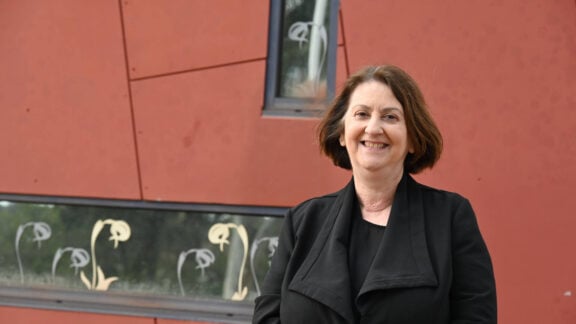Three out of four Greek households are childless, a concerning revelation highlighted by Eurostat figures released on International Children’s Day (20 November).
The data indicates that among households with children in Greece, approximately 48 per cent have one child, 35 per cent have two children, and 17 per cent have three children.
This translates to over 3 million childless households out of approximately 4.1 million, with less than 580,000 having one child, less than 400,000 having two children, and less than 170,000 having three or more children.
While the EU averages present challenges, they are not as disheartening as Greece’s situation.
Out of about 200 million private households in the EU, 24.3 per cent have children. Specifically, 12.1 per cent have one child, 9.3 per cent have two children, and only 3 per cent have three or more children. Although the total number of EU households increased by 6.9 per cent from 2012 to 2022, the share of households with at least one child decreased by 2.4 per cent over the same period.
Slovakia (33.9 per cent), Ireland (32.2 per cent), and Cyprus (30.6 per cent) recorded the highest percentages of households with children, while Finland (18.4 per cent), Germany (20.1 per cent), and the Netherlands (21.8 per cent) had the lowest percentages. Across the EU, nearly half of households with children (49.5 per cent) had only one child in 2022, while 38.1 per cent had two children, and 12.4 per cent had three or more children. Notably, households with one child were the most prevalent in all EU countries except the Netherlands, where households with two children constituted the highest proportion (42 per cent).
According to Sofia Zacharaki, from the Greek Ministry of Social Cohesion and Family Affairs, the decline in birth rates is a Europe-wide concern.
“The trends recorded around 1980 are revealed now. We have a reduction of 150,000 Greek women of childbearing age due to the decline in births,” Zacharaki stated adding that “This demographic change is not unique to Greece but is observed all over Europe, even in countries with a strong welfare state.”
Zacharaki also announced that a fundamental pillar of demographic action, focusing on the protection of family life, will be presented to the Greek Prime Minister soon.
Addressing the declining birth rates presents a significant challenge for the Greek government, as current projections suggest Greece’s population may drop below 8 million citizens by 2070.








